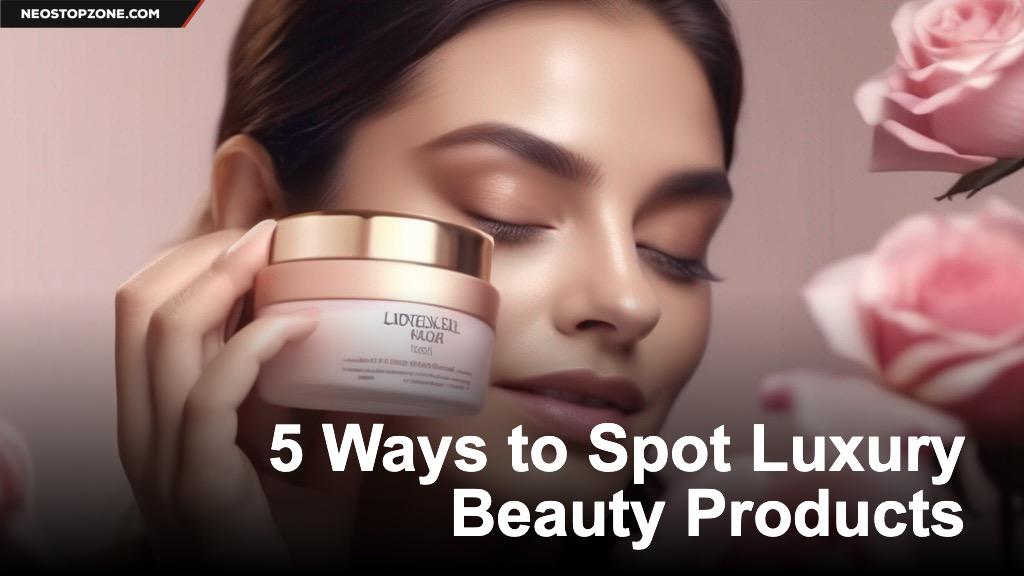
In a world dominated by airbrushed images and unattainable standards of perfection, the concept of natural beauty often gets overshadowed. But beneath the layers of cosmetics and filters lies a profound truth – natural beauty is not just skin deep; it’s a reflection of our inner selves. Let’s embark on a journey to uncover five surprising truths about natural beauty that may reshape your perception and inspire you to embrace your authentic self.
Understanding the Essence
Natural beauty transcends mere physical appearance; it encompasses a harmonious blend of inner qualities and outward expressions. Contrary to popular belief, it’s not solely determined by flawless features or symmetrical proportions. Instead, it’s about embracing imperfections and celebrating individuality.
Perception versus Reality
In today’s image-driven society, our perception of beauty is heavily influenced by societal norms and media portrayals. We’re bombarded with images of airbrushed models and flawless celebrities, creating an unrealistic standard of beauty. However, the reality is far more diverse and nuanced.
Biological Significance
From radiant skin to lustrous hair, natural beauty is deeply rooted in our biological makeup. Our skin reflects our overall health and well-being, serving as a canvas that mirrors our inner vitality. Similarly, the shine and texture of our hair are influenced by factors such as diet, genetics, and lifestyle choices.
Cultural Perspectives on Natural Beauty
Beauty ideals vary widely across cultures and epochs, reflecting diverse values and traditions. While Western societies may prioritize youthfulness and symmetry, other cultures embrace a more holistic view of beauty that honors age, wisdom, and uniqueness. Understanding these cultural nuances can broaden our perspective and challenge narrow definitions of beauty.
Eco-Friendly Practices
In recent years, there has been a growing movement towards eco-friendly and sustainable beauty practices. Consumers are increasingly seeking products that are not only safe and effective but also environmentally conscious. From organic skincare to cruelty-free cosmetics, there’s a growing demand for ethical alternatives that minimize harm to the planet.
Debunking Myths Surrounding Natural Beauty
Despite the growing popularity of natural beauty products, there are still many misconceptions surrounding their efficacy and safety. Some believe that natural ingredients are inherently superior to synthetic ones, while others question their potency and stability. Separating fact from fiction is essential for making informed choices and navigating the crowded landscape of beauty products.
Embracing Diversity in Natural Beauty
True beauty knows no boundaries; it transcends age, gender, ethnicity, and physical appearance. Embracing diversity means celebrating the unique qualities that make each of us beautiful in our own way. Whether it’s embracing our natural hair texture or appreciating our unique facial features, diversity is what makes the world of beauty truly vibrant and inclusive.
Social Media’s Impact
In the age of social media, our perception of beauty is increasingly shaped by curated images and filtered realities. Platforms like Instagram and TikTok have become virtual runways where beauty standards are perpetuated and amplified. But amidst the sea of filters and Facetune, it’s important to remember that true beauty lies beyond the confines of a screen.
The Future of Natural Beauty
As we look to the future, the landscape of beauty is poised for transformation. Advancements in technology, coupled with shifting consumer preferences, are driving innovation and redefining industry standards. From personalized skincare solutions to biodegradable packaging, the future of beauty is bright, sustainable, and inclusive.
Practical Tips for Embracing Natural Beauty
Embracing natural beauty is not just about ditching makeup or following a strict skincare regimen; it’s about cultivating a holistic approach to self-care that nourishes both body and soul. Here are some practical tips to help you embrace your natural beauty:
- Prioritize skincare: Invest in high-quality skincare products that nourish your skin from within.
- Practice self-love: Celebrate your unique features and embrace imperfections as part of what makes you beautiful.
- Eat a balanced diet: Fuel your body with nutrient-rich foods that promote healthy skin, hair, and nails.
- Get moving: Regular exercise not only improves physical health but also enhances mood and confidence.
- Disconnect to reconnect: Take breaks from social media and digital devices to reconnect with yourself and the world around you.
Conclusion
Natural beauty is not a one-size-fits-all concept; it’s a deeply personal journey of self-discovery and self-expression. By embracing our unique qualities and celebrating diversity, we can redefine beauty on our own terms. So let’s break free from the confines of unrealistic standards and embrace the beauty that lies within each of us.
FAQs
1. Are natural beauty products really effective?
- While natural beauty products may not always deliver instant results, many people find them to be gentler on the skin and more sustainable in the long run.
2. How can I embrace my natural beauty without feeling self-conscious?
- Start by focusing on self-care practices that make you feel good from the inside out, whether it’s eating well, staying active, or practicing mindfulness.
3. Is natural beauty only skin deep?
- Natural beauty encompasses both inner and outer qualities, including physical appearance, personality, and character traits.
4. What role does self-acceptance play in embracing natural beauty?
- Self-acceptance is essential for embracing natural beauty, as it allows us to appreciate and celebrate our unique qualities without judgment or comparison.
5. How can I contribute to the sustainability of the beauty industry?
- Support brands that prioritize sustainability and ethical practices, such as using recyclable packaging, sourcing ingredients responsibly, and minimizing waste in production processes.



